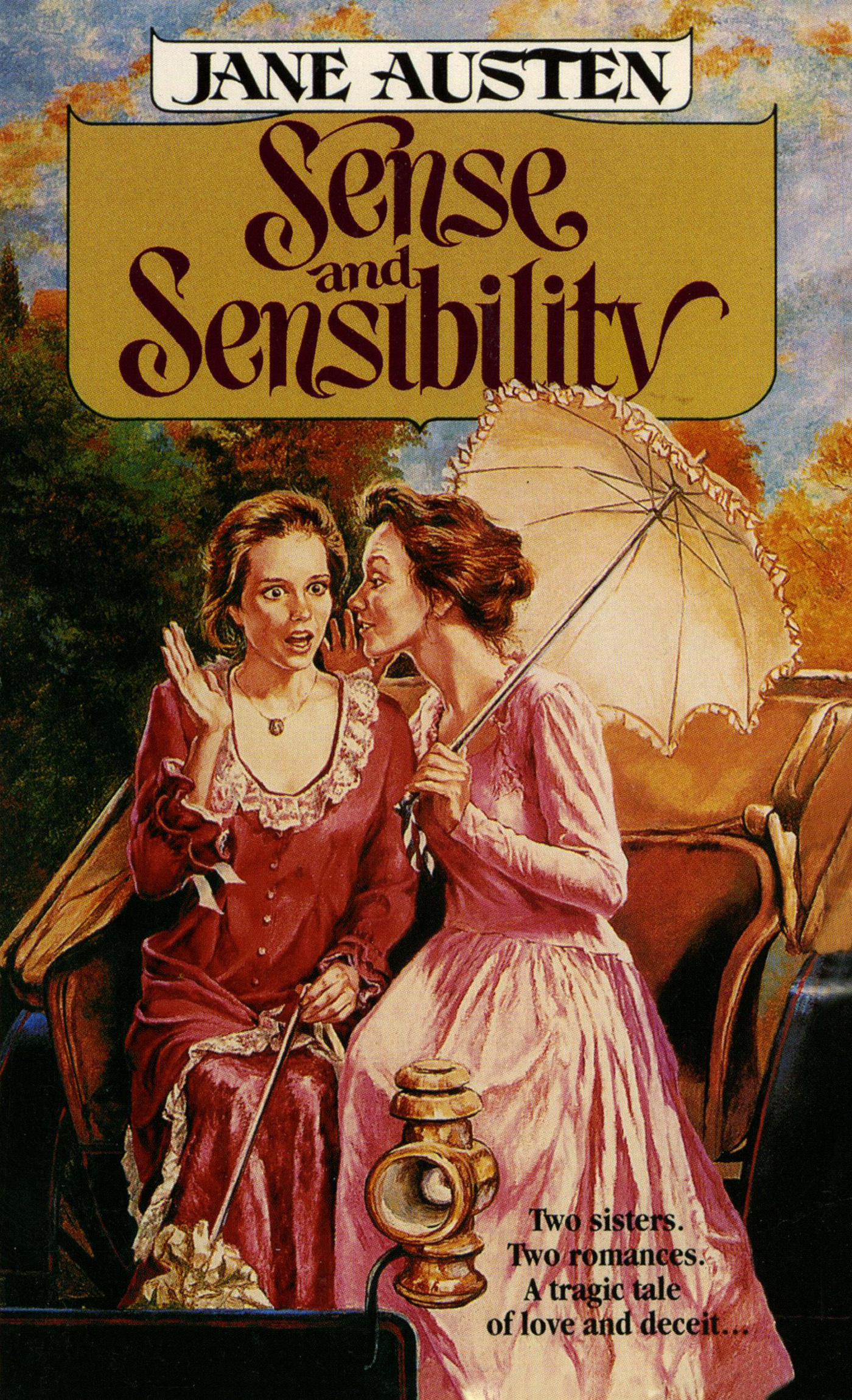Never Play An Ace If A Pair Will Do: Sussing Out Sense & Sensibility
 |
| If loving this cover is wrong, I don't want to be right. |
In continuing this grand Jane Austen project of mine, I knew that before getting into the meatier of her novels, I wanted to go a couple books back. Get a taste for young Austen, so to speak. So I picked Sense & Sensibility, the story of two sisters both alike in dignity though differing wildly in how they approach the world around them. S&S was the third Jane Austen book I’d read, and I found it absolutely thrilling from beginning to end. I remember enjoying Mrs. Jennings, sympathizing with both Dashwood sisters, falling hard for Colonel Brandon, and despising Willoughby by the end. It’s a good read overall, even if Elinor might come across as a tad patronizing.
Then, as I began my re-read of the novel, two things stood out. The first was, Wow, the writing is a tad stiff compared to her other novels. Which is more of a general observation than a critique, and not necessarily a quality that takes much away from the story. It could even be an example of a stylistic choice on Austen’s part, though right now I’m not married to that particular interpretation.
But the second thing really threw me for a loop: I realized that I like Marianne more than Elinor, which is utterly bizarre. Wouldn’t it make more sense that, as I mature, my sympathies align more with the older, mature sister? Who is this Kelsey that prefers the wild to the mild?
Well, while Austen strives to show both sense and sensibility as worthy and valuable, I can’t help but feel that she throws her support behind “sense” as the correct dominant trait. But Marianne’s emotionally-driven behavior, while dramatic and overblown, also just rings true to me. She frequently makes mistakes and often dismisses characters who are portrayed positively. And then she makes an even bigger mistake, learns her lesson, and begins to atone. Solid character arc material.
Then there’s Elinor, whose dominant trait from the beginning is “knows better than the rest.” She, too, experiences tribulations in love (in a more predatory, invasive way than Marianne does). But Elinor’s problems are “forced” on her, and then she deals with the situation flawlessly. She suffers, but there is no change to her character. She delivers the moral of Marianne’s story, but doesn’t engage in her own lesson … because the text seems to imply that she didn’t need to learn anything.
But, okay. I’m not gonna dismiss Elinor just like that. I don’t like not liking her. I’m well aware that many of the criticisms I wrote above could apply to Fanny Price, one of my favorite characters. There is a reason why Austen wrote Elinor one way and Marianne another way, and I’m going to sort out why. Does Austen prize sense over sensibility, or is there an argument in there about allowing for a little romance? Can my own sensibility be getting in the way of a full appreciation of Elinor’s sense?
Can we take romance seriously within a largely satirical novel, or is Austen just a big troll?
Well … never say never.
For chapter 1, we’ll first see the world through the perspective of a doting grunkle and a concerned father.


I'm so glad to see this--I hoped you'd do S&S next! 8-)
ReplyDeleteMA